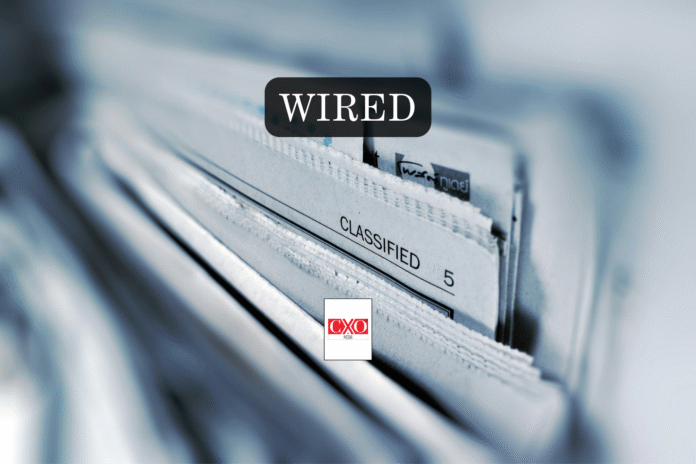Federal Board of Revenue has issued an updated version of the Sales Tax Rules 2006, introducing new requirements for sales tax integrated persons to adopt debit and credit card payment facilities, QR codes, or other available digital transaction modes across all sales points. The changes follow amendments brought in through the Finance Act 2025 and aim to strengthen integration between retailers’ point-of-sale systems and FBR’s computerized network.
Under the revised rules, integrated persons must ensure that sales conducted through these payment methods are not ordinarily refused. Through FBR’s online system, they are required to submit details of their outlets, points of sale, or electronic invoicing machines. No supply is permitted except through these integrated and registered systems.
The updated framework specifies that point-of-sale or electronic invoicing software must be capable of generating and sending alert messages to FBR’s system in cases of malpractice, errors, or inconsistencies, while maintaining a log of such events. Additionally, FBR reserves the right to require integrated persons to install CCTV cameras at each point of sale to record transactions. These recordings must be retained for at least one month and made available to the concerned Commissioner on demand, as specified through a Sales Tax General Order.
Supplies of exempt items will also require the issuance of electronic invoices through systems integrated with FBR’s computerized network. All costs related to integration, including hardware, software, and other equipment, will be borne by the integrated person.
Each notified outlet, point of sale, or invoicing machine must display a signboard featuring FBR’s official logo with the text “Integrated with FBR” and the registration number of the electronic invoicing or point-of-sale software. This number must be verifiable through FBR’s verification services. For online sales, including marketplace operations, integrated persons are required to register their websites, software, and mobile applications with FBR’s system to ensure automated electronic invoicing.
The revised rules also mandate that every taxable supply or service be accompanied by a real-time, verifiable electronic sales tax invoice, which must be retained electronically for six years. Any integrated person found tampering with the system, conducting sales outside the prescribed method, or contravening the provisions of the rules will be subject to penalties under section 33, along with any additional restrictions under the relevant laws.
Operational obligations include ensuring all invoicing hardware and software at payment counters are functional, allowing for the installation of FBR systems, and promptly reporting any operational failures, damages, disruptions, or tampering within 24 hours to both FBR and the concerned Commissioner. Any inoperative equipment must be reported with reasons and supporting documentation within the same timeframe.
Through these amendments, FBR aims to enhance transactional transparency, expand the digital payment ecosystem, and strengthen oversight of taxable supplies through integrated point-of-sale and invoicing systems.
Follow the SPIN IDG WhatsApp Channel for updates across the Smart Pakistan Insights Network covering all of Pakistan’s technology ecosystem.





